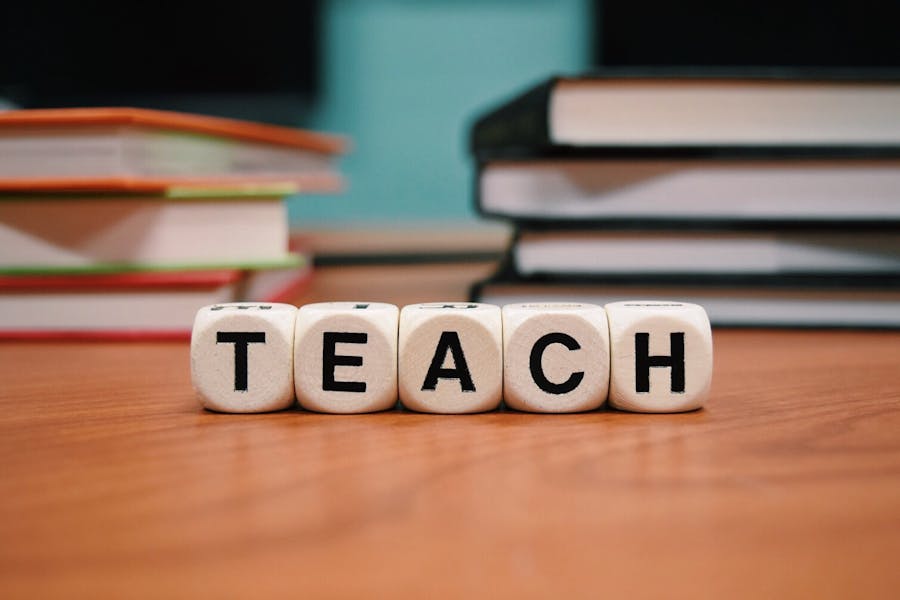Spelling is a fundamental part of communication, yet it’s an area where many people stumble. The phrase “The correct spelling is school, not school. Some pe – Tymoff” may seem amusing, but it holds deeper lessons about the importance of spelling, the challenges learners face, and the quirky nature of language learning. This article explores these themes, delving into why spelling matters, common mistakes, and how to improve.
Whether you’re a student, a professional, or someone navigating the intricacies of the English language, understanding spelling’s role in effective communication is crucial. From improving clarity to leaving a lasting impression, spelling accuracy has far-reaching effects. Let’s explore why it’s essential to get it right and how a quirky phrase like this one can make spelling lessons engaging.
Why Spelling Accuracy Matters?
Spelling is more than just an academic skill; it’s a reflection of your attention to detail and professionalism. Errors in spelling can lead to misunderstandings, especially in written communication. Imagine receiving an email with a glaring mistake like “school” instead of “school.” It diminishes the writer’s credibility and leaves the impression of carelessness.
Correct spelling is particularly crucial in professional settings. A single misspelling on a resume, business proposal, or official email can undermine your authority and credibility. In contrast, polished, error-free writing conveys professionalism and respect for the reader.
Moreover, spelling impacts how messages are perceived. Language is a tool to convey ideas, and incorrect spelling can distort meaning, leading to confusion. For instance, writing “their” instead of “there” might seem like a minor error, but it alters the meaning entirely.
Spelling also plays a significant role in education. From a young age, students are taught the importance of correct spelling to build their language foundation. However, as people grow older, reliance on technology often leads to complacency. This is why revisiting and refining spelling skills is essential for lifelong learning.
The Correct Spelling is School Not School. Some Pe – Tymoff’
The phrase “The correct spelling is school, not school. Some pe – Tymoff” may seem like a humorous play on words, but it carries a subtle message. It reminds us to focus on accuracy while embracing the quirks of language learning. Adding “some pe” at the end introduces a humorous twist, engaging learners and encouraging them to view spelling as less intimidating.
This approach underscores the idea that language can be fun and approachable. It’s not about memorizing rigid rules but about engaging with words creatively and curiously. Humor, as shown in this phrase, makes learning enjoyable and helps ideas stick.
Common Reasons for Spelling Mistakes
Spelling errors occur for various reasons, ranging from language inconsistencies to external influences like technology. Here are some key factors:
1. Phonetic Inconsistencies
The English language is filled with words that are not spelled the way they sound. For example, “colonel” is pronounced as “kernel,” which can confuse learners relying on phonetics. Silent letters, such as the “k” in “knife,” add to the challenge.
2. Memory Challenges
Complex words like “bureau” or “rhythm” require memorization, which can be difficult for some learners. People with weaker memory retention may find spelling more challenging.
3. Over-Reliance on Technology
Spell-check tools and autocorrect have become safety nets for many. While helpful, these tools can reduce our awareness of correct spellings. Over time, people may rely too heavily on them, leading to complacency.
4. Learning Disabilities
Conditions such as dyslexia significantly impact a person’s ability to spell. Dyslexia affects how individuals process language, requiring alternative teaching methods and tools for improvement.
5. Social Media Influence
The rise of informal communication on social media platforms has normalized abbreviations and slang. Shortened forms like “u” for “you” or “gr8” for “great” are convenient but detract from traditional spelling skills.
How to Improve Spelling Skills?
Improving your spelling takes practice, patience, and the right strategies. Here are some effective methods:
- Practice Regularly: Dedicate time to reviewing commonly misspelled words. Regular practice reinforces correct spellings.
- Use Mnemonics: Memory aids like “Big Elephants Can Always Understand Small Elephants” for “because” make spelling easier to remember.
- Proofread Thoroughly: Always review your writing for errors before finalizing it. A quick read-through can catch minor mistakes.
- Learn Phonetics: Understanding sound patterns in words helps decode complex spellings.
- Leverage Technology Wisely: Use apps like Grammarly or spelling games to enhance your skills, but avoid over-reliance.
Why Spelling is a Lifelong Skill in Professional and Personal Growth?
Spelling is not just a skill learned in school; it’s a lifelong competency that affects both professional and personal spheres. As we progress in our careers and relationships, clear and accurate communication becomes increasingly important. Spelling plays a key role in this clarity.
In professional settings, spelling impacts how others perceive your attention to detail and professionalism. A well-written email or report free of spelling errors conveys credibility and respect for the reader. Conversely, even minor mistakes can undermine your message and cause misunderstandings.
On a personal level, spelling is integral to effective communication in everyday interactions. Whether you’re writing a heartfelt message to a loved one or posting on social media, correct spelling ensures your thoughts are understood and valued.
Mastering spelling is a journey. Continuous practice, learning from mistakes, and staying updated with language trends are essential for maintaining this critical skill throughout life.
The Role of Humor in Spelling Education
Learning to spell doesn’t have to be monotonous. Incorporating humor, as seen in the phrase “The correct spelling is school, not school. some pe – Tymoff,” transforms spelling lessons into engaging experiences. Here’s how humor benefits learning:
1. Memorable Lessons
Humorous examples stick in the mind better than dry, formal instruction. A quirky phrase like “school not school” captures attention and makes the lesson unforgettable.
2. Encouraging Mistakes
Humor reduces the fear of making mistakes. It creates a safe environment where learners can embrace errors and improve without judgment.
3. Fostering Creativity
Using humor encourages students to come up with their own creative ways to remember spellings, fostering active participation in the learning process.
4. Making Learning Fun
Humor injects joy into spelling lessons, making them less daunting. When learners enjoy the process, they’re more motivated to practice and improve.
How Does Technology Shape Spelling in Modern Times?
Technology has drastically changed how we learn and use spelling. While it has made learning more accessible, it has also created challenges:
1. Spell-Check Tools
Tools like spell-checkers identify errors instantly, ensuring polished documents. However, they don’t teach the reasoning behind correct spelling.
2. Autocorrect Dependence
Autocorrect can replace incorrect spellings automatically, but it sometimes misunderstands context. For instance, replacing “their” with “there” may not always be appropriate.
3. Educational Apps
Digital games and apps like Words With Friends or Scrabble make spelling practice fun and interactive.
4. Social Media and Informality
Shortened forms on social media, while convenient, have led to declining spelling standards. However, they also reflect evolving language trends.
Conclusion
Spelling is more than just a set of rules; it’s a reflection of communication skills, credibility, and professionalism. The playful phrase “The correct spelling is school, not school. Some pe – Tymoff” reminds us that while accuracy is important, learning doesn’t have to be rigid or dull. By embracing humor, creativity, and modern tools, we can make spelling an enjoyable and rewarding part of language mastery.
FAQ’s
Q. Why is spelling important?
A. Spelling ensures clarity and professionalism in communication, preventing misunderstandings and building credibility.
Q. What does “some pe – Tymoff” mean?
A. It’s a humorous twist added to emphasize spelling importance while making learning enjoyable.
Q. How can I improve my spelling?
A. Practice regularly, use mnemonics, and leverage technology like Grammarly or spelling apps to enhance your skills.
Q. Does autocorrect help with spelling?
A. Autocorrect identifies errors, but relying solely on it can reduce your awareness of correct spellings.
Q. How does humor improve spelling education?
A. Humor makes lessons engaging and memorable, encouraging learners to embrace mistakes and enjoy the process.










